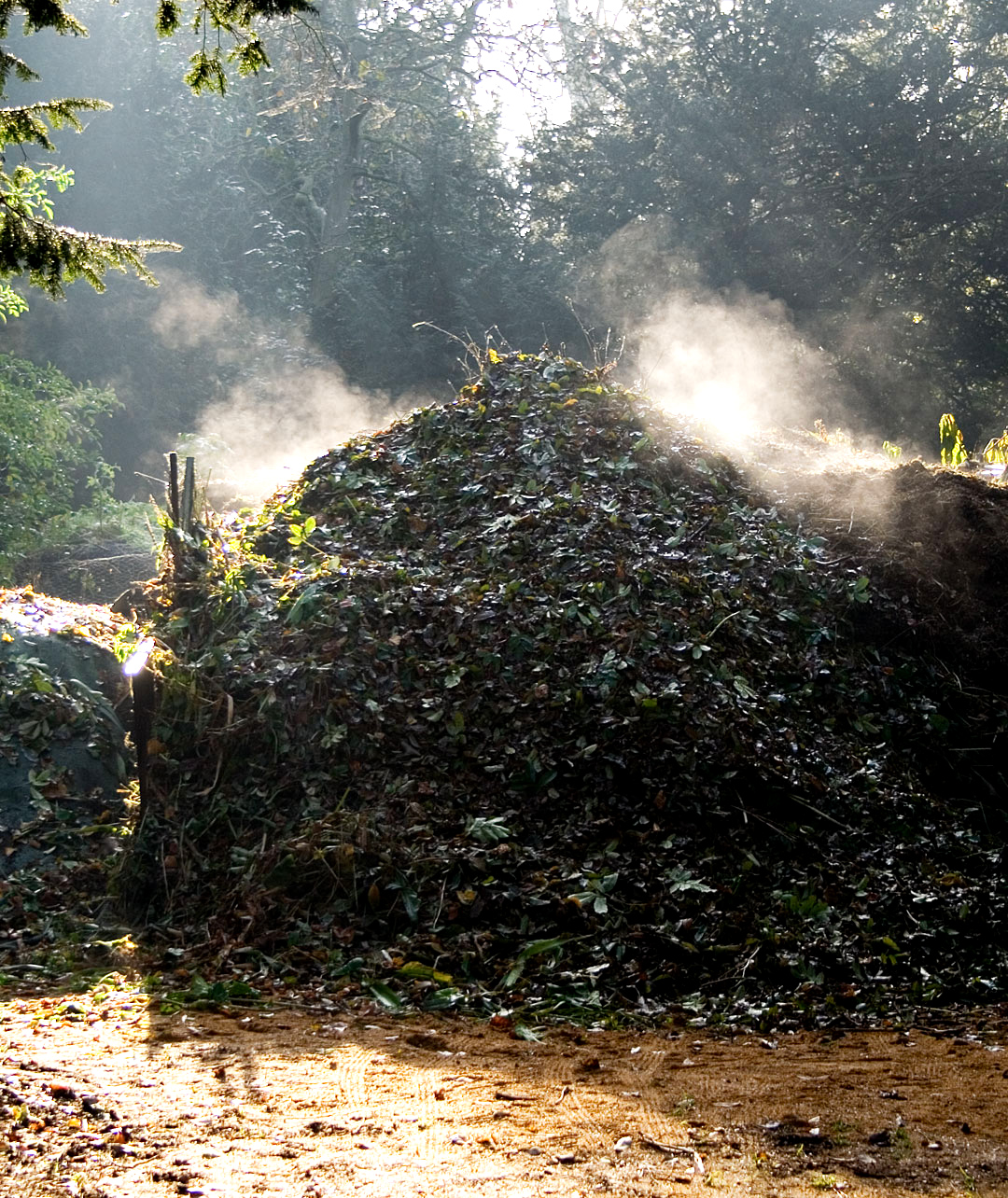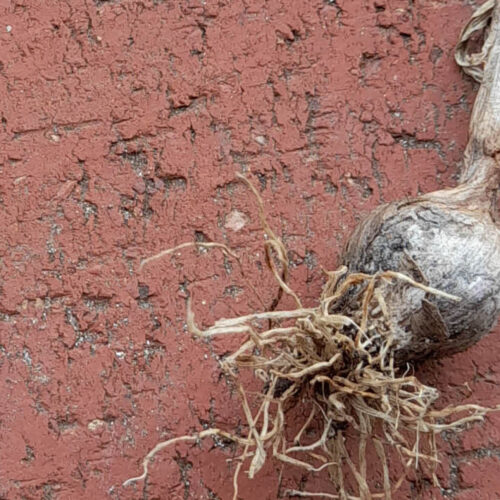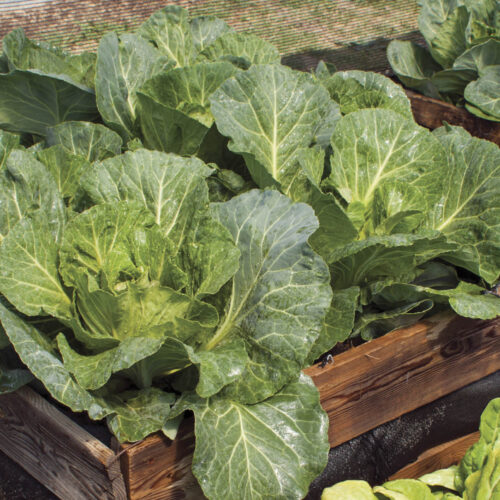Encouraging Aerobic Bacteria
2011-10-20T22:47:59+11:00
A failed wastewater system reminds JUSTIN RUSSELL about the importance of aerobic bacteria in decomposing organic waste.
Is there anything quite as frustrating as a failed septic system? For three years my eco-friendly worm farm unit worked beautifully, but then it went under in the January’s floods, along with the company that manufactured it. The system hasn’t been the same since. The final nail in the coffin was a major electrical storm last month that shorted out the power and flooded the tank a second time.
A couple of weeks ago the kitchen sink started burping, and my worst suspicions were confirmed – our fancy-pants wastewater system was leaking raw sewerage out through the lid. Not good. Not good at all. Our guess is that the system, which is basically a perpetual compost heap, became anaerobic during the floods and has formed a bio-film that prevents water from draining through the tank, and out into the irrigation field. This morning the unit was pumped out and the plumber will be back for yet another expensive visit.
Besides eating a major hole in my wallet, the whole experience has served as a good reminder of the role bacteria play in decomposing organic waste. Anaerobic bacteria thrive in conditions devoid of oxygen. As a consequence, these bacteria cause a compost heap or a wastewater system to smell foul, give off carbon dioxide and methane and digest waste very slowly. What I’m really after in both my compost and my wastewater unit is aerobic bacteria. These little beauties thrive in an oxygen rich environment, digesting waste efficiently, with no odour and minimal release of greenhouse gases.
You can provide the ideal habitat for aerobic bacteria in three ways. First, by making compost with the right balance of carbon-based materials such as straw or shredded newspaper, and nitrogen-based materials such as manure or kitchen scraps (a ratio of one part carbon to 15 or 20 parts nitrogen is about right). Second, by keeping a compost heap moist, but not wet. And third, by keeping the heap aerated. This can be done with a corkscrew compost aerator, by making compost in a tumbler, or by turning the heap with a garden fork. Easy as that. If only domestic wastewater systems were so simple.






